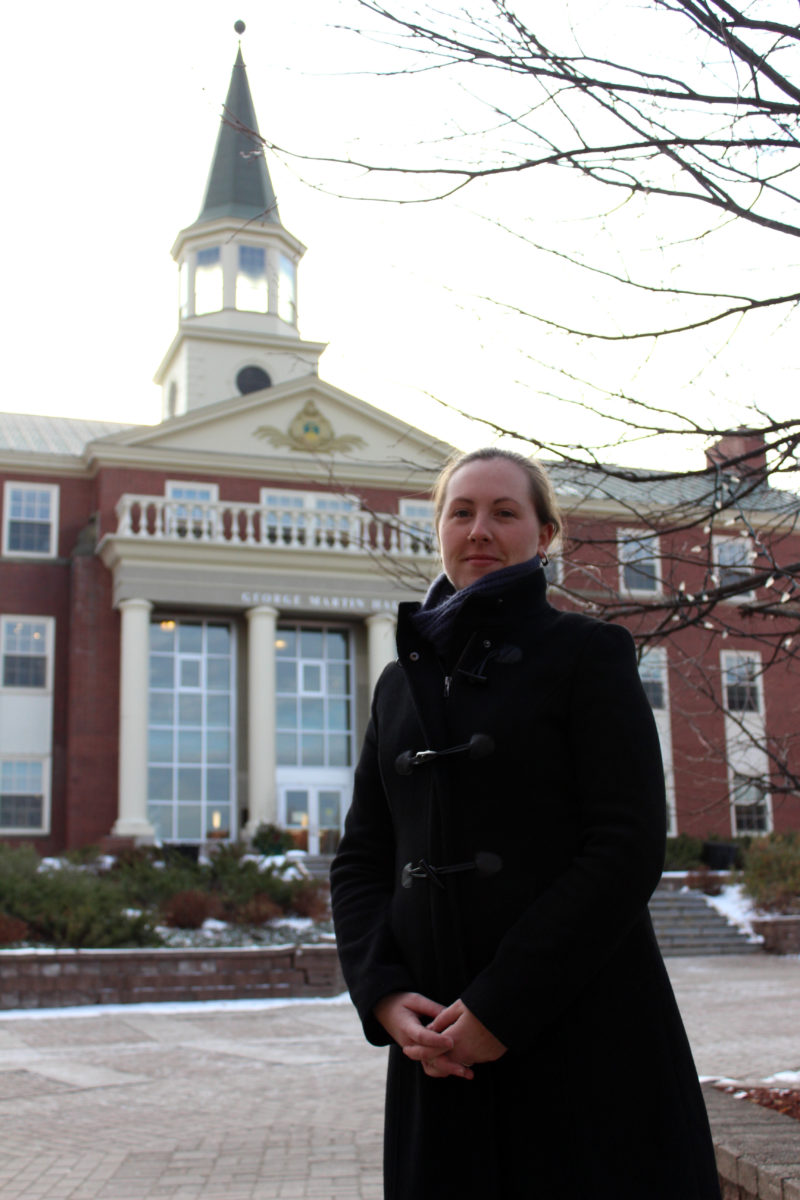If progress continues at the table, then the St. Thomas University Staff and Administrative Union will not have to strike.
“We hope that we can avoid [a strike or lockout]. We are preparing for the worst case because we don’t want to be unprepared. But it is our hope and I believe the university’s hope to reach a collective agreement before either side has to make that decision,” said the union president Jennifer Burry.

The support administration union includes office administration, facilities management, IT services, recruiters, academic advisors and resident supervisors. The union currently has 55 members.
Burry said she hopes to continue to negotiate at the table, but the union will strike if that’s what it takes to have their demands met.
“As long as progress is being made, then we will be satisfied.”
The union has been in negotiations for four years after becoming a certified union in 2010. Over the last year, the administration and the union have been at the table with a conciliator appointed by the Post-Secondary Education, Training and Labour minister to get the agreement going.
The process is coming to an end, but the collective agreement has not been reached. There are about a dozen articles left to agree upon.
Earlier this month, in negotiations with the administration and union, the conciliator declared an impasse. This means he has exhausted his efforts to get the two sides to get to an agreement and will submit a letter to the minister who will then make a decision.
The minister can choose one of the three options: appoint a conciliation board to work with both sides to reach an agreement, appoint a mediator or put everyone in a legal strike or lock-out position.
“Now we’re just waiting on the minister,” said Burry.
At the same meeting, five articles were approved on by both parties. Additional meeting dates for Dec. 3, 4 and 5 were also set.
STU spokesperson Jeffrey Carleton said although the conciliator declared an impasse, signing off on five articles was a positive development.
“The negotiations have been going on since 2011 but at the same time the university recognizes that this situation is best resolved at the negotiation table and we are prepared to continue the negotiations with STUSAU.”
Many of the remaining articles are about money such as hours of work and overtime.
“We haven’t delved into monetary, salary-wise. We’ve just done an initial exchange,” said Burry. “So that will be part of the talks coming up but it’s not what’s holding it up.”
Burry is glad that the conciliator has declared an impasse because she thinks there needs to be more added pressure.
“Both sides are very close but we can’t make that final leap and close the gap so the conciliator has been doing what he can,” she said.
Both Burry and Carleton are hopeful that by January they will have a collective agreement.
“We are hopeful to continue working with STUSAU to reach a settlement that is fair to our employees, but also within the financial means of the university,” Carleton said.
